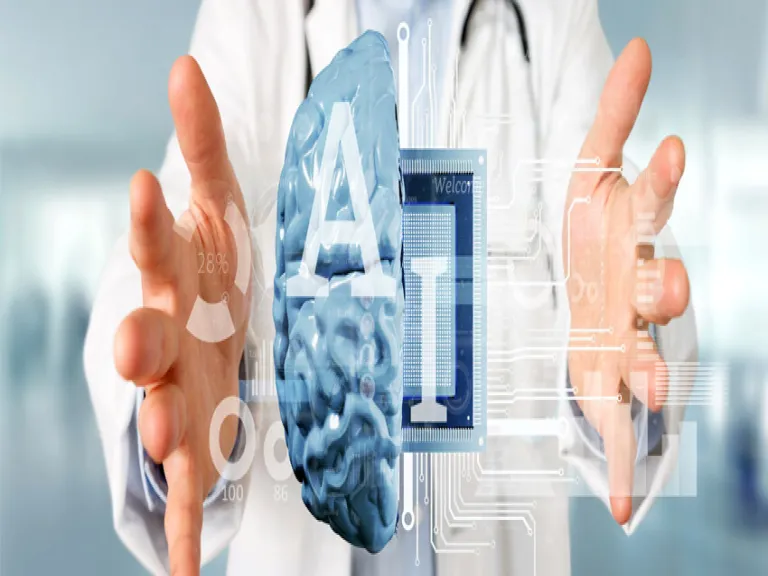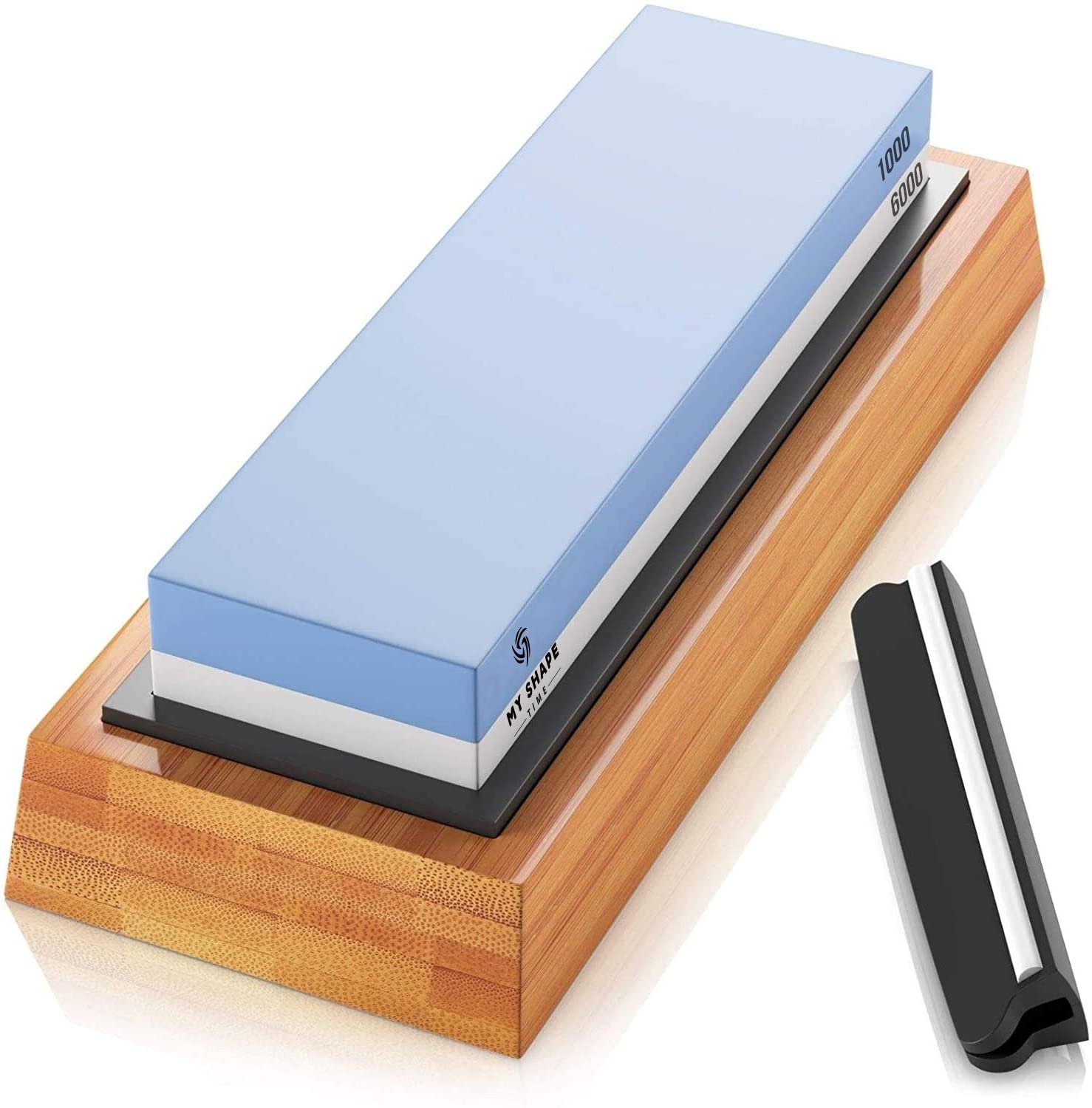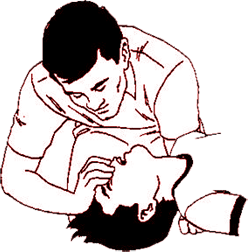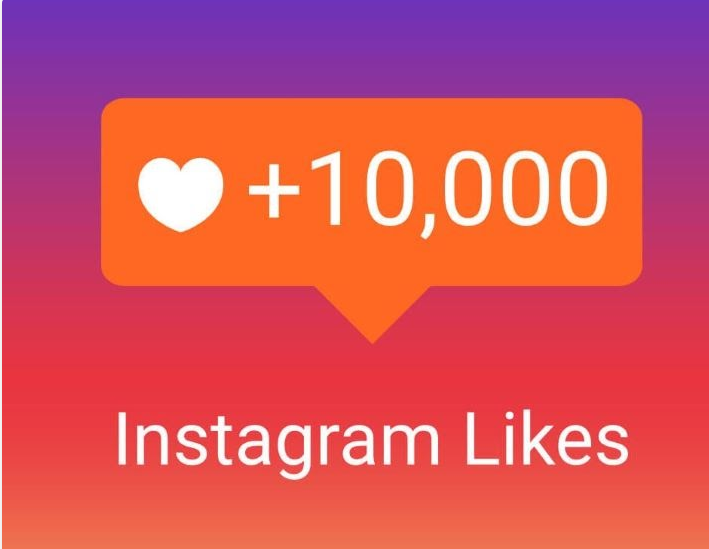
Sam is recovering from surgery in the hospital. A high-tech remote wristband on his wrist will track his blood pressure, pulse oximetry, respiration, and temperature, as well as give an urgent warning to his nurse if a problem occurs. His nurse's mobile app suddenly beeps, informing her that Sam's temperature has just spiked to 101 degrees Fahrenheit, indicating that something is wrong.
Meanwhile, Debra, an at-home patient, receives a text message informing her that it is time to breathe into her respiratory training system (spirometer). The care coordinator at Debra's doctor's office views the data dashboard on her outcomes and is notified if the outcome falls beyond the safe parameter, instructing her on treatment.
Linda, an elderly patient with moderate dementia, has just awoken, and her warning system has reminded her to take her morning medication. This is confirmed by a sensor in her pill dispenser, and the alarm says: "We'll notify your daughter that you took your medication this morning. Have you had your breakfast yet?"
What exactly is Intelligent Care? The introduction of cutting-edge, patient-centered innovations, as well as their creative integration, are at the heart of intelligent treatment. "To me, intelligent care means actively integrating traditionally disconnected sources of data to take care of a patient," says Naresh Ramarajan, MD, founder and chief medical officer of Navya, an organisation that helps patients make cancer-treatment decisions using artificial intelligence.
Smart-decision systems, for example, should be able to consider a patient's preference for a treatment with less side effects, as well as the best outcomes and possible costs. They should be able to incorporate the most recent international recommendations as well as the best clinical-trial findings. "An intelligent care system might also scan a database for similar patients who have had good treatments," Ramarajan says. "It would then synthesise all of these to produce a ranked list of options with explanations for each."
This information can then be used to assist patients in making sound, well-informed decisions. "As mobile app developers, we often receive requests from doctors and hospitals seeking ways to make their patient care more intelligent and creative," says Dulio Denis, mobile programme manager at Blue Label Labs, a market pioneer in mobile, tablet, watch, and TV app design.
App developers work for healthcare clients who understand that the convergence of consumer technologies in mobile phones and the advancement of modern software and what a hospital can do with cloud computing has reached a tipping point at which clinicians can become more patient-centered. "I wouldn't be surprised if we get to a point where medical care works as well as social media contact networks," Denis says.
What is the Internet of Medical Things?
The Internet of Medical Things should do the same for healthcare as the Internet of Things is doing for technology (turning on your thermostat, alerting you when the milk runs out). After all, women have been diagnosing their own pregnancies for three decades, so patients using our most advanced technologies should be able to swab their throat and send in a sample for a strep test without needing to visit a doctor's office, saving both the patient and the doctor time and money and how to improve patient experience in hospitals. Intelligent treatment can also provide safer, more effective patient care by streamlining processes that result in smarter evidence-based protocols and better protection, education, and service.
According to Roy Smythe, MD, cancer surgeon and founder of Valence Health, a company that provides healthcare professionals with full turnkey solutions for value-based treatment, "the technologies we will be putting on and in our bodies in the future will be much more advanced and will be providing us information that we never thought we would get."
The intelligent health industry will soon have universal wireless networking, according to Orbita, a pioneer in groundbreaking cloud-based technology for connected home healthcare. The widespread use of smart phones, as well as an expanding array of linked, sensor-enabled devices that measure and monitor personal wellness data, test results, and healthcare reminders, has enabled health scenarios that we never imagined were possible just a few years ago.
Intelli-health optimises social computing and data analytics, as well as content and experience management, to improve patient experiences worldwide.
Among the technologies are:
• In-hospital remote wristbands that track vital signs and automatically warn staff to changes • Interactive systems that respond to hospitalised patient requests more rapidly using smartphones and applications rather than the old-fashioned "call button" Hand-hygiene programmes that can enhance infection-control procedures and remind clinicians to sanitise before entering each room • Apps that enable patients to fill prescriptions from their hospital bed before discharge • Digital delivery of personalised patient education information • Self-tests for medical conditions such as strep throat, STDs, and elevated cholesterol using handheld ultrasound devices that enable patients to scan their own bodies and send results to a radiologist.
The capabilities of our analytics, IT systems, and domain knowledge underpin eviCore's intelligent care solutions. Through gaining useful input from healthcare data and providing evidence-based recommendations, eviCore efficiently connects patients, providers, and plans. Based on those guidelines, eviCore ensures that the patient receives prompt, secure, and intelligent treatment.

- Or maybe you thought the honing steel would sharpen your knives. What grit whetstone for knife sharpening Nope, honing just straightens the edge of your knife.

- CPR is a lifesaving method that has been around in various forms since 1740. Since then, advancements in resuscitation have been continuous.

- While cardio plays an important role in weight loss, this should be combined with proper diet if the long-term benefits are still to be achieved and maintained

- harder to make a deal and convince someone you deserve a better price on a vehicle if you are draped in expensive clothing. While you want to appear neat an ct